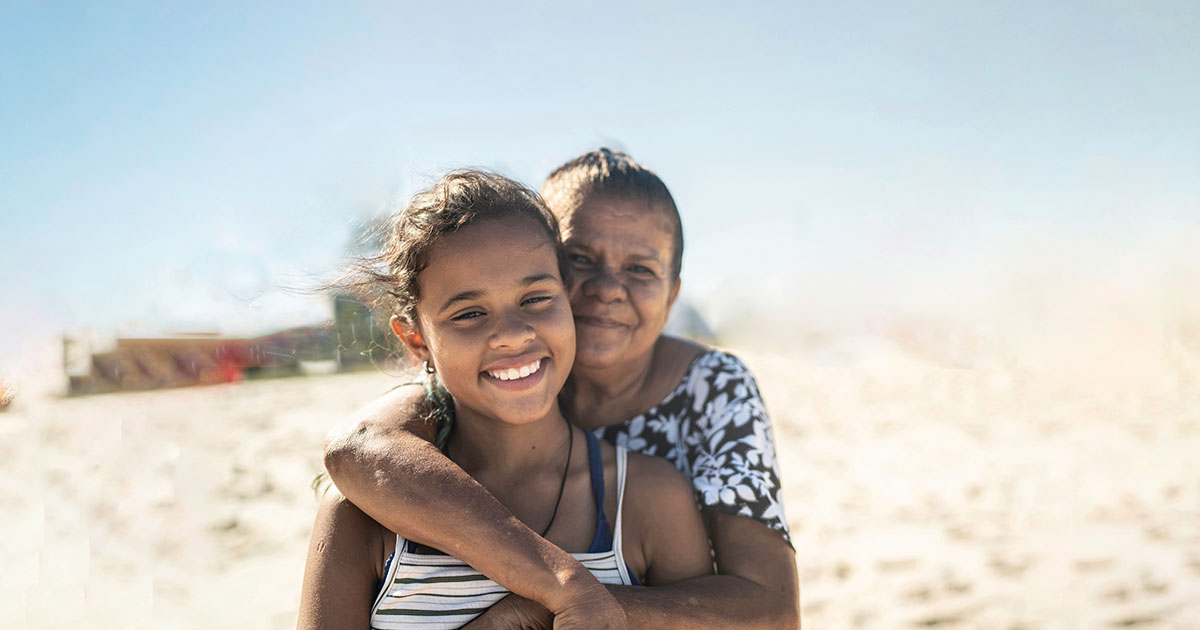The Five-Year Youth Mental Health Report has launched
- Details
Today Mission Australia has released its joint Five-Year Youth Mental Health Report with Black Dog Institute, sharing the insights gathered about the mental health of Australia’s young people during the years 2012 to 2016.
Learning what young people think is so important to the work we do at Mission Australia. By checking in with them we discover their thoughts about their lives and their futures, and what concerns them most.
Armed with this information we are able to advocate on their behalf for the support services they need, and for the broader policy changes.
The Five-Year Youth Mental Health Report shows some alarming results with almost one in four young people meeting the criteria for a probable serious mental illness (PSMI). That figure has gone up from 18.7 per cent in 2012 to 22.8 per cent in 2016.
Girls were twice as likely as boys to meet the criteria for having a PSMI, and this figure rose from 22.5% in 2012 to 28.6% in 2016, compared to a rise from 12.7% to 14.1% for boys.
An even higher number of Aboriginal and Torres Strait Islander respondents met the criteria for having a PSMI at 31%.
These results make it clear that mental illness is one of the most pressing issues in our communities, especially for young people, and one that has to be tackled by the governments, health services, schools and families.
Three quarters of all lifetime mental health disorders emerge by the age of 24, but access to mental health services for this age group is among the poorest, with the biggest barriers being community awareness, access and acceptability of services.
What we need is greater investment in mental health services that are tailored to the concerns and help seeking strategies of young people and are part of a holistic wrap around approach to their diverse needs.
It is critical that responses to support a young person’s mental health be culturally sensitive and gender sensitive and that they address the structural issues that contribute to higher levels of psychological distress for young females and for Aboriginal and Torres Strait Islander young people.
For example, we know that Aboriginal and Torres Strait Islander people continue to be adversely affected by racism, disconnection from culture, and the long history of dispossession. All of these factors contribute to poor mental health, substance misuse and higher suicide rates.
As a matter of priority, suicide prevention programs that are tailored to the needs of the whole community and focussed on prevention should be available to Aboriginal and Torres Strait Islander people. All programs should be offered in close proximity to community and should be age appropriate as well as culturally sensitive.
For young women, we know that a large proportion (64%) were extremely or very concerned about body image compared to a far smaller number of males (34.8%).
Such a finding suggests that social pressures such as discrimination based on ideals of appearance may need to be addressed to tackle this gender disparity in the levels of probable serious mental illness among girls.
And although girls are more likely to be affected negatively by body image issues, they are more likely to seek help when they need it than boys.
Clearly then, and for a variety of reasons, an awareness of gendered differences is a crucial component in the management of mental health issues.
We need to ensure that all young people, whether they live in urban areas or regional, have the resources they need to manage mental health difficulties, whether it is for themselves or for their peers. Parents, schools and community all play a vital role and we must fully equip them with the evidence-based knowledge and skills to provide effective support to young people.

Catherine Yeomans
CEO Mission Australia
@cathyeomans
Download the report
5 Year Mental Health Report 5 Year Mental Health Report Infographic
Related media releases
Read about what we’ve been working on, our stance on important social issues and how you make a difference to vulnerable Australians' lives.



